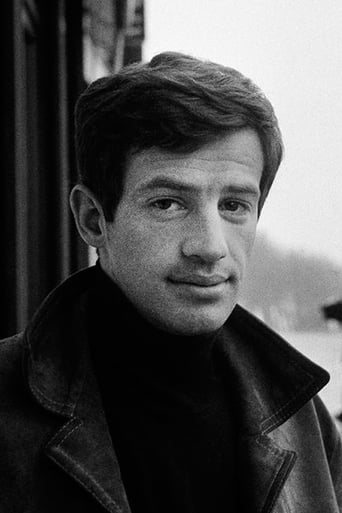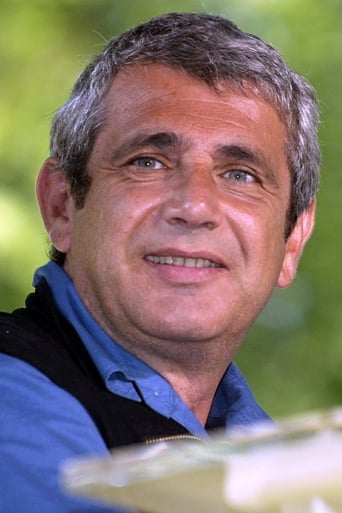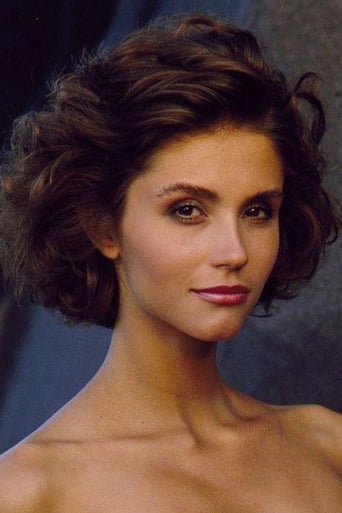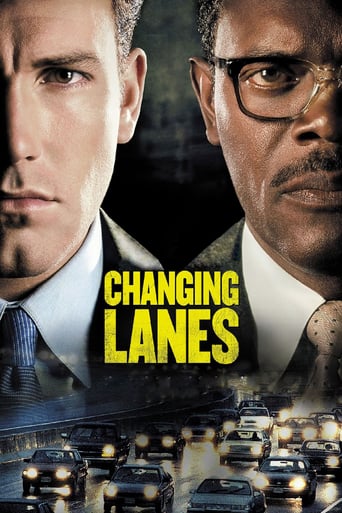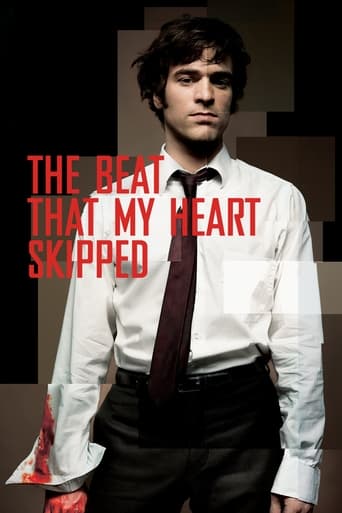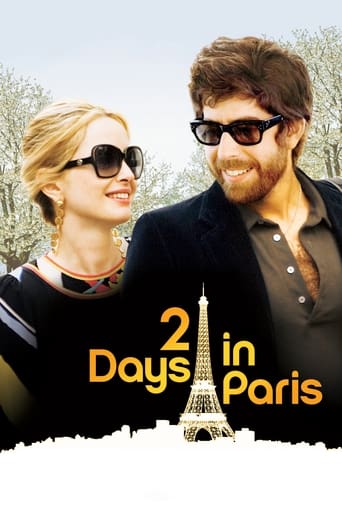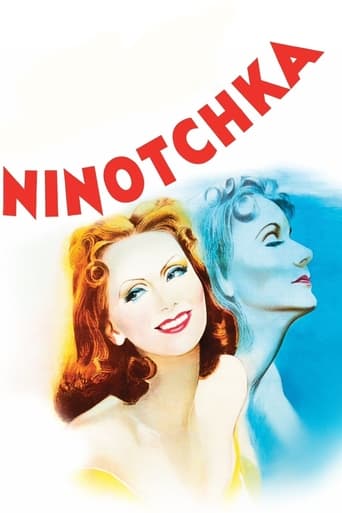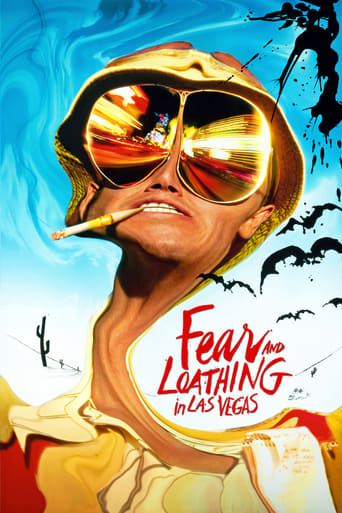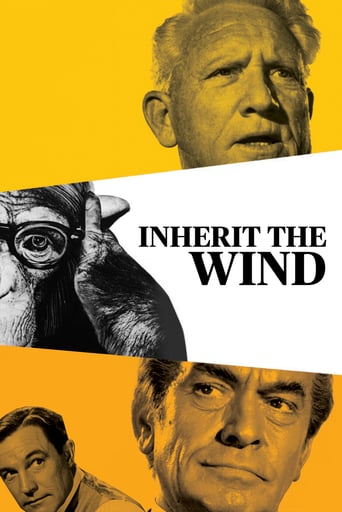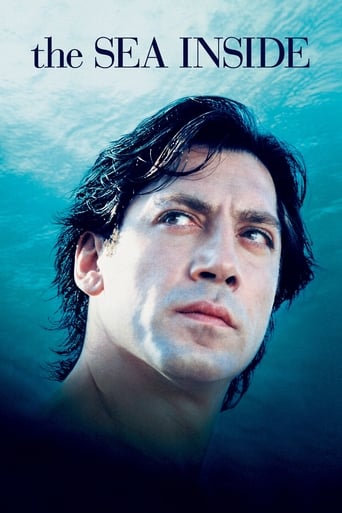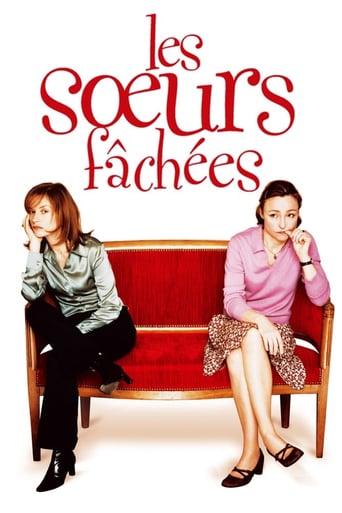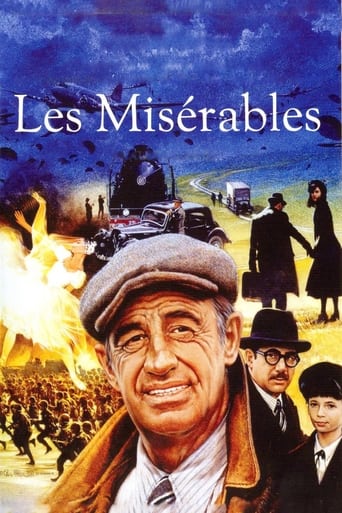
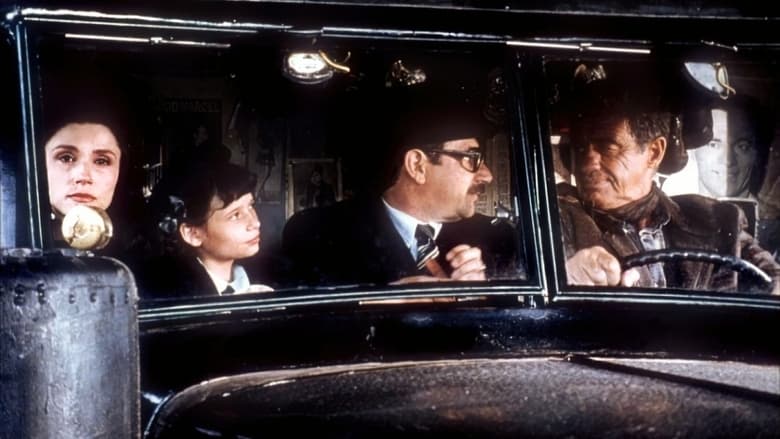
Les Miserables (1995)
In France during World War II, a poor and illiterate man, Henri Fortin (Jean-Paul Belmondo), is introduced to Victor Hugo's classic novel Les Misérables and begins to see parallels between the book and his own life.
Watch Trailer
Cast


Similar titles
Reviews
I had seen the Broadway version of this story and was very thrilled since I really had never heard of this story before going to see it on the stage. When I heard that this film was being played at a local Art Theatre, I eagerly gathered my family to go see it. I was horrified at first, because the entire movie was in French with English subtitles. No where was to be heard the incredible lush musicals I had seen in the play. You see, I knew nothing of the story, other than getting the chance to see it in a live performance. So I had "tricked" my family into going to see what we all thought was going to be a musical.Foreign films with subtitles are the worst kind of torture to my family and the few friends I dragged with us. However, as the story unfolded, I could see not one of my family (scattered around the theatre) got up to leave. At the conclusion, we were all extremely moved, and I realized the incredible nature of this story by Victor Hugo. I have since seen other versions of this timeless story, but I have to say, this one is the most moving and my favorite.It was so incredible to see the cross stories, of the WWII present and the Victor Hugo past. The present day characters could see themselves in the plot in the book. All the characters made me long for their safety and survival and I was moved beyond words to be part of their lives (both the present day characters and the past characters). Sometimes it was frustrating to get caught up in one story line and then switch to the other story line. But soon, you were caught up again in that change in time and place and you didn't want to switch to the other story line. Every one of my teenage children came up to me at the conclusion and thanked me for making them see something they would never have chosen for themselves.
My audience stood and applauded this film too! Those who have herein praised this film have brought nostalgic tears to my sad but smiling face... Those who wasted space and complained about this film seemed beneath my ability to even pity (at the risk of losing the message of the work: compassion!!). The great essence of Hugo's master work is perfectly represented and by moving it forward in time it somehow enters directly into our lives... in ways the novel and all the other films based on it really could not. The closest thing to this film, in my opinion, was the Broadway play (musical), because of the brilliant music, staging, acting, etc. Even so, this film touched me more than the live theater presentation did. When I tell someone how good it is and they then see it (the video mind you) they always come back with eyes bugging out and express heart pounding gratitude! A MUST SEE... sits right along with King of Hearts (Le Roi de Couer - 1968), The Great Dictator, Brazil, Kafka, Julia, Dr. Strangelove, and JFK, on my list.
The "les Miserables" story has been told many times, but never with the emotional impact of this film. Jean-Paul Belmondo plays multiple roles in this movie within a movie, and is outstanding in each. His role as a simple truck driver and former boxing champion who becomes a resistance fighter during WWII is a model of restraint, yet his power and personality shine through. The plot is multi-layered and complex. Alessandra Martines, Annie Girardot and Clementine Celarie are perfectly cast and add beauty and heartbreak to the film. This is one of the best foreign films of the 1990s. Unfortunately, it is also one of the least recognized. The uplifting ending is surely one of the best of all time.
In one of the comments here I read that the movie had few references to the novel--I completely disagree! This movie was, in every way, based around Victor Hugo's novel. I'm in the middle of reading the book (unabridged version) and saw the movie a little while ago. As I read I come across little things that make me think, "Wow, that movie was true to the book!" Perhaps not directly, but if one has the ability to read between the lines you will notice that this movie IS Les Miserables. Each character in this movie is symbolic of a character from the book and each occurrence in the movie has some relevance or mention in the novel. For example, there is a scene where the two men are trying to escape prison by swimming out and they try to see how long they can hold their breath. In the novel, Jean Valjean (the prisoner) jumps off a boat and swims to his freedom, but he must (obviously) hold his breath long enough to swim away without being noticed/having to go to the surface for air.This movie is excellent, dramatic, moving, and intriguing--never a boring moment. And don't let anyone tell you it has nothing to do with the book, because that's as far from the truth as you could possibly get.


